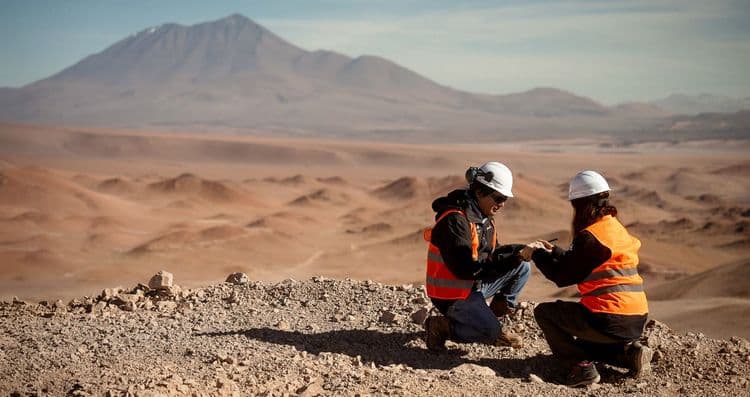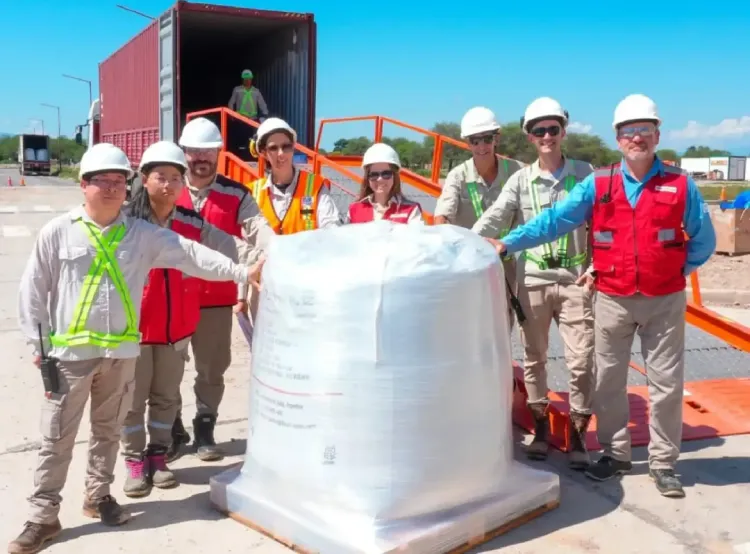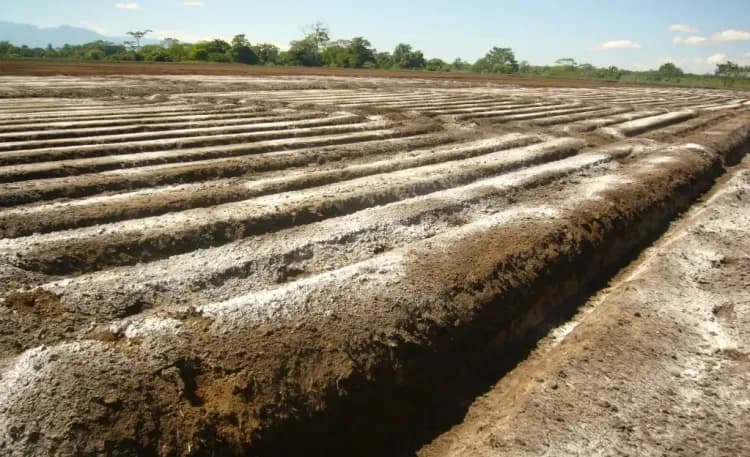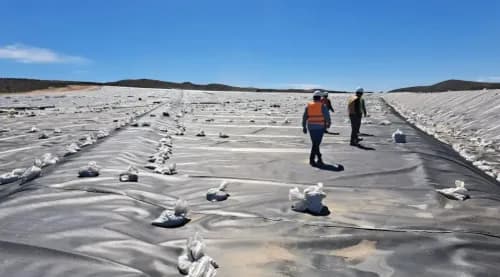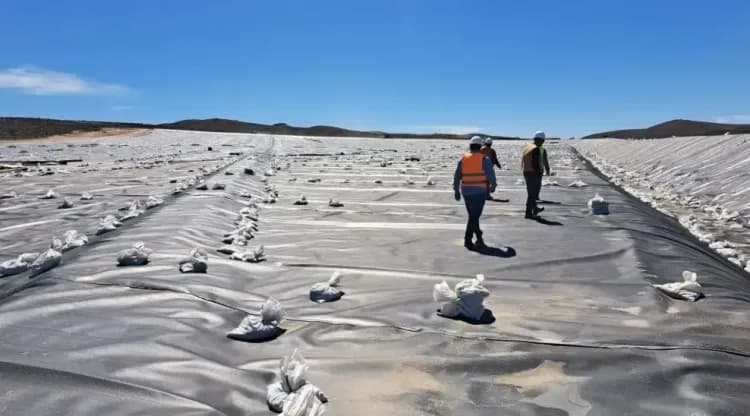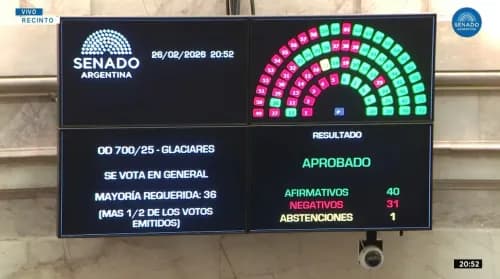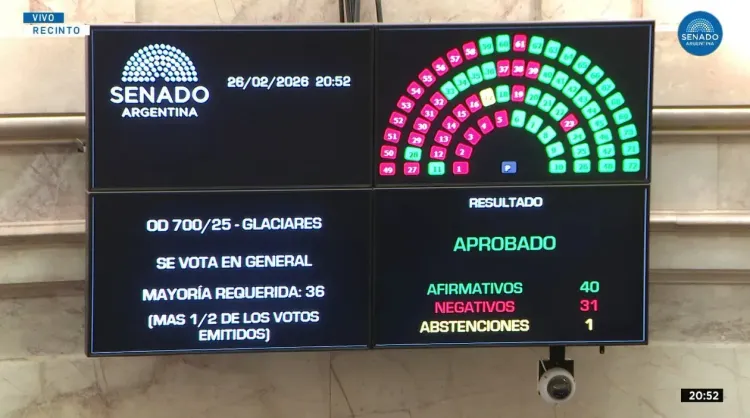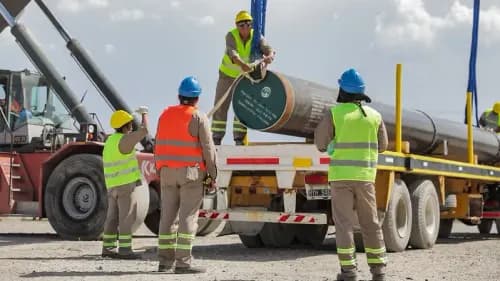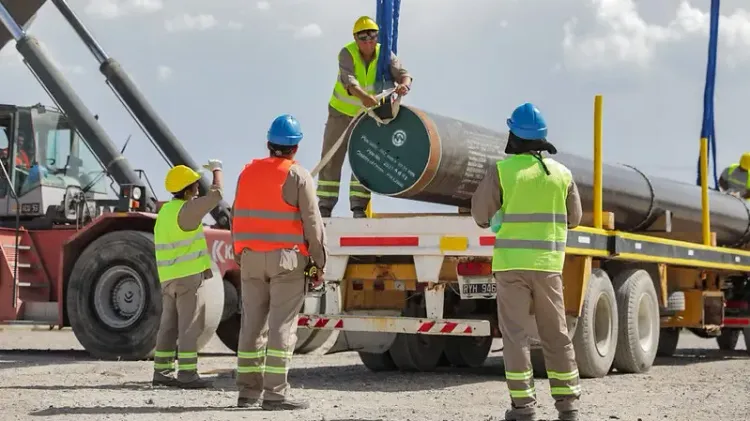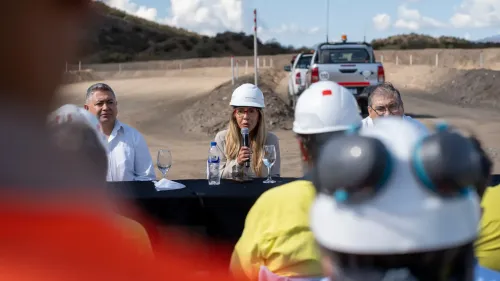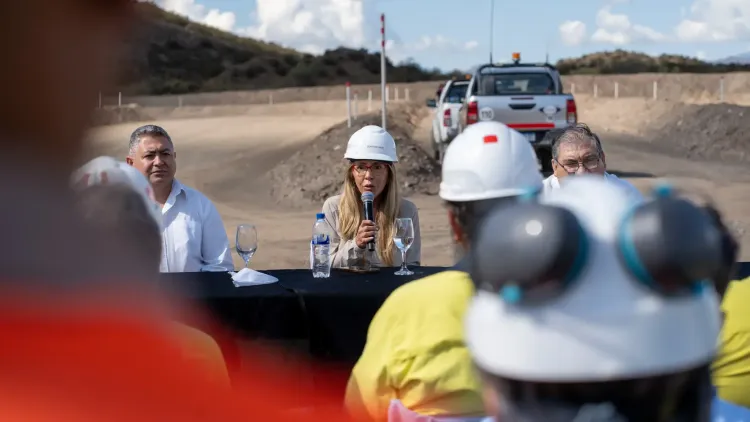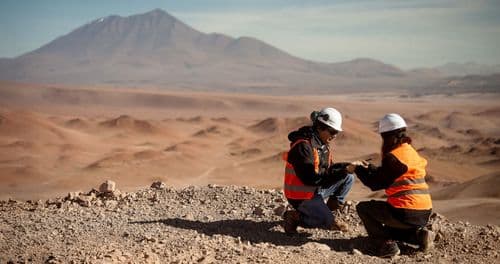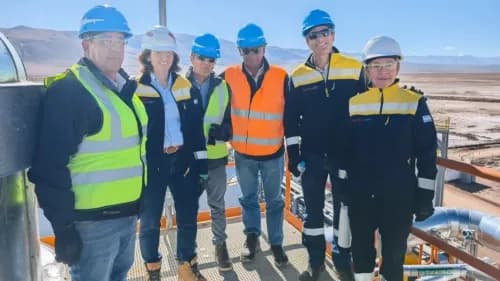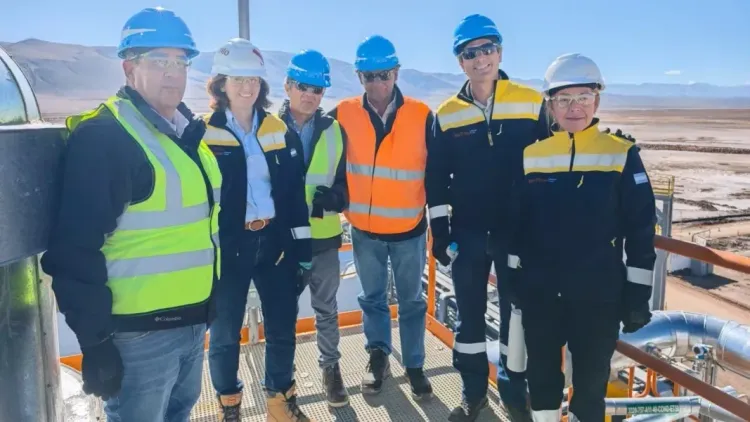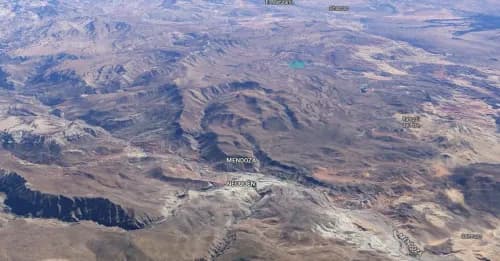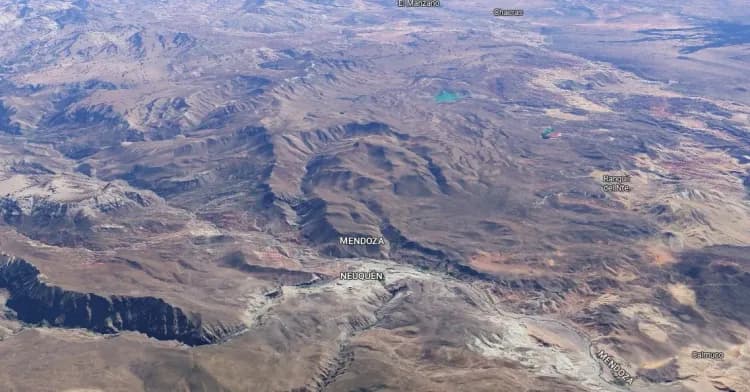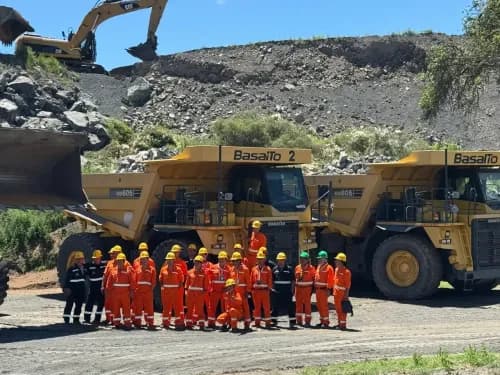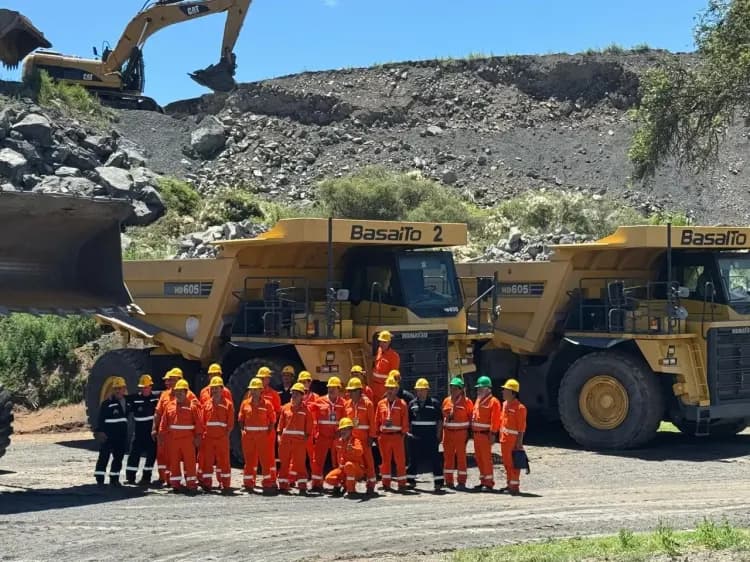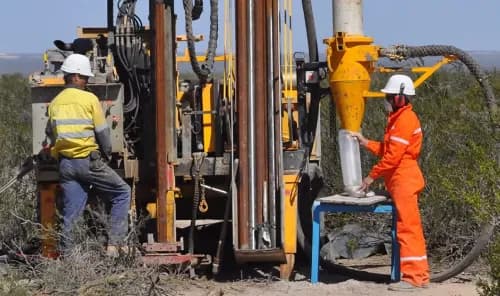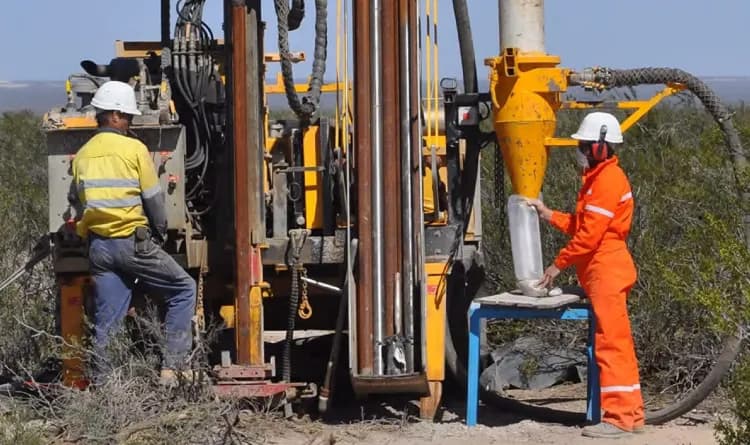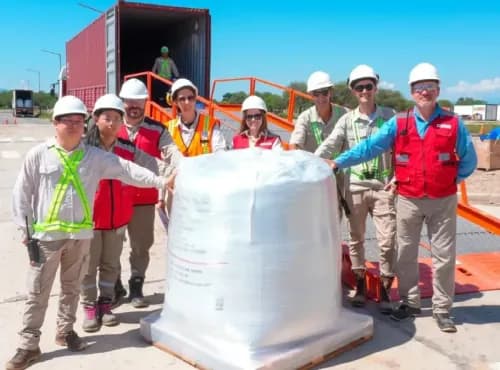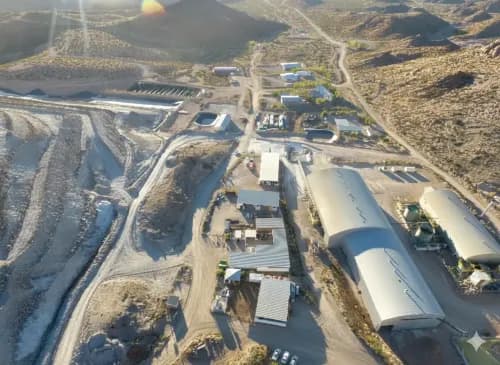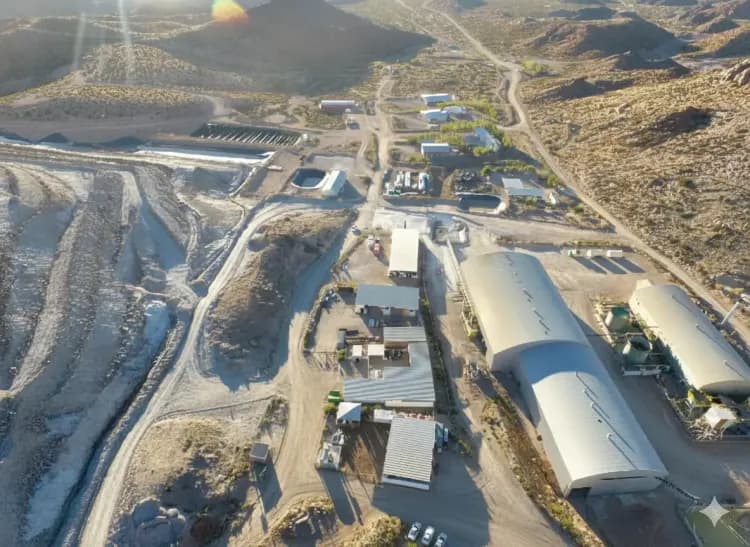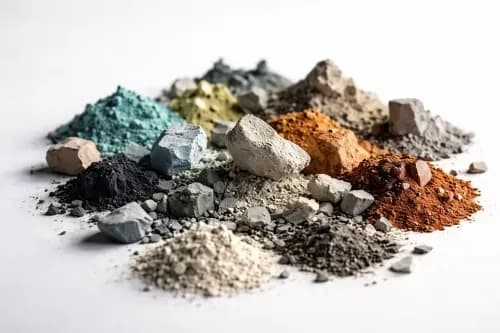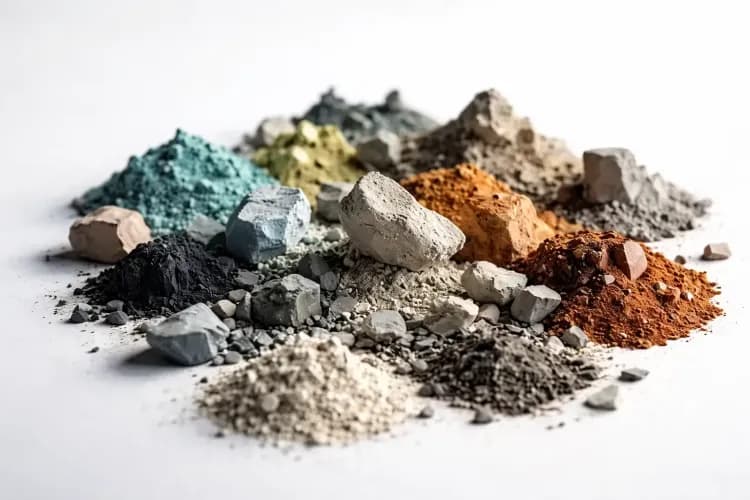Neo Lithium Corp. reported the results of its preliminary economic assessment («PEA») for the production of lithium carbonate from its wholly owned Tres Quebradas lithium brine project («3Q Project») in Catamarca Province, Northwest Argentina. By-products (such as potash, calcium chloride and boric acid) are not included in the PEA, and could potentially add incremental value to the 3Q Project.
«We are very pleased to have advanced this project from discovery to PEA in less than two years,» stated Waldo Perez, President and CEO of Neo Lithium. «We will continue to rapidly advance our wholly owned 3Q Project with a view to a full feasibility study towards the end of 2018 along with project finance, and mine construction soon thereafter.»
«The results highlight that the 3Q Project has the potential to become a significant low-cost lithium carbonate producer,» stated Constantine Karayannopoulos, Chairman of the Company. «The PEA clearly demonstrates the attractive economics associated with our 3Q Project. We are looking forward to developing a long-life, low cost operation in an industry that is growing at an accelerated pace with robust global demand and interest coming from different parts of the globe.»
| Preliminary Economic Assessment Highlights
| |
| After-Tax Net Present Value («NPV») @ 8% Discount Rate | US$1,128 million
|
| After-Tax Internal Rate of Return («IRR») | 24.4%
|
| Capital Expenditures | US$588.7 million |
| Cash Operating Costs (per tonne of lithium carbonate) | US$2,791
|
| Average Annual Production (lithium carbonate) | 35,000 |
| Mine Life | 20 years
|
| Payback Period (from commencement of production) | 1 years 12 month |
The economic analysis of the PEA is based, among others, on the following main assumptions: a) 100% equity financing; b) construction commencing in 2019; c) production ramp up of three years from 2021 to 2023; and d) all capital costs, operating costs and revenues in the economic model are calculated on a constant U.S. dollar basis.
Capital Costs
The total direct capital costs of the Project are estimated to be $450.1 million, excluding indirect costs and contingencies. The total initial capital costs of the project are estimated to be $588.7 million. Contingency costs are comprised of 15% of the direct costs.
| Description | US$ Million
|
| Direct Costs
| – |
| Evaporation Ponds and Wells | $323.0
|
| Plant Facilities and Equipment | $67.3
|
| Infrastructure and Others | $59.7 |
| Direct Costs Subtotal | $450.1 |
| Indirect Costs | $70.8
|
| Contingency | $67.8
|
| Total Initial Capital Costs | $588.7 |
Process Studies and Engineering
The process begins with the extraction of brine through production wells. From the wells, the brine is pumped into large solar evaporation ponds. The evaporation process in the solar ponds starts with a pre-concentration stage where more than 90% of the sodium chloride from the brine is expected to crystallize out. This pre-concentration stage has an evaporation period of approximately 160 to 180 days, during which the volume of brine is reduced by approximately 95%.
In order to promote the production of lithium carbonate at the lowest possible cost, the solar evaporation process will be designed so that the lithium concentration in the brine reaches values in the range of 2.5%. The pre-concentrated brine is then subjected to chemical treatment with sodium sulfate in order to remove most of the calcium present. The precipitation of gypsum and then post-concentration will bring the lithium concentration in the brine to approximately 6%.
From there, the 6% brine is to be transported to a processing plant to be built in the town of Fiambala, Catamarca (approximately 160 km from the 3Q Project). The processing plant for producing lithium carbonate includes the final purification of the concentrated lithium brine feeding the lithium carbonate precipitation stage. For this purpose, the conventional process used by lithium carbonate plants in operation has been taken as a reference, which includes the following:
- Elimination of the boron content by solvent extraction. First stage where boron-free brine is mixed with mother liquor from the lithium carbonation stage to dilute lithium to 1% and remove Ca (Calcium) and some Mg (Magnesium). Second stage treatment of the boron-free brine with a mixture of slaked lime and soda ash, to remove low residual levels of magnesium. The purified brine, containing 1% lithium dissolved as lithium chloride, is transferred to three reactors in series, where lithium carbonate is precipitated by the addition of sodium carbonate solution (at 28 wt.%). The slurry containing the precipitated product is separated from the mother liquor by filtration and is washed with soft water. Finally, the product is dried, classified and packed.
Environmental and Permitting Considerations
The Company is fully permitted for the current work program to feasibility and up to construction. The current focus is on baseline studies and Neo Lithium has completed the analysis for flora, fauna, limnology and microbiology for the summer, fall and winter. Social and archeology studies have also been completed. Soil, air, landscape and paleontology studies are expected to be completed before the end of the year. These environmental studies are required to support the full environmental impact assessment report that is required, along with an economic study, to obtain a mine construction permit. This environmental impact assessment report is expected to be completed and delivered to the mining authorities in the first half of 2018 and is expected to be the final permit required before mine construction. An easement agreement has been granted for mine construction and road access to the site.
